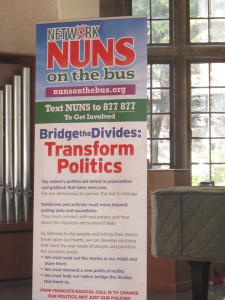
Photo: Mary van Balen
Sunday, Sept. 20, Lutheran Pastor Gary Sandberg warmly welcomed the Nuns on the Bus at the Kerns Religious Life Center on the campus of Capital University in Columbus, Ohio. The space, made available for the town hall meeting, was filled with people of all ages and religious backgrounds. I was pleased to be part of the diverse group that shared one thing in common: concern for social issues and the failure of current political structures to deal with them. As one man said, the term “The Common Good” seems to have disappeared from public discourse.
Sr. Simone Campbell and six other nuns from across the country weren’t interested in presenting a lecture. They wanted participation, and from the start, had small groups of people talking with each other about local challenges and divides and how we could move forward to address them.
The list was long and included human trafficking (I didn’t know that Columbus ranked 7th in the country), Gerrymandering (There’s an issue on the ballot…Issue #1… Vote.) payday lenders, lack of affordable housing, ethnic and racial divides, LGBT issues, polarization, school-to-prison pipeline, lack of shelters for the homeless, especially homeless families, infant mortality (Again, Columbus ranks near the top of the list of US cities with this problem.)
You get the idea. People had suggestions: Join B.R.E.A.D., vote, take time to listen to those who have views that differ from your own, put a face on the problem by sharing stories with those in positions of power, publicize things that are working (because some things are working), and the list went on.
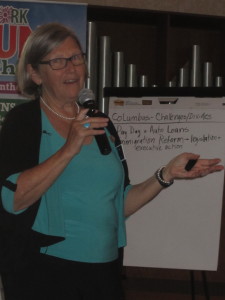
Sister Simone Campbell PHOTO: Mary van Balen
This meeting energized people. It broadened knowledge of issues and solutions right where we are. It was hopeful. It pointed to prayer and action and the difference one person can make. It articulated Catholic social teachings in a way that encouraged participation.
A piece of wisdom: Find one thing that you are passionate about, and become involved. Every one needs to do something. And when we do, we make a difference. We can bridge the divides. We can change politics.
I stand with The Nuns on the Bus!
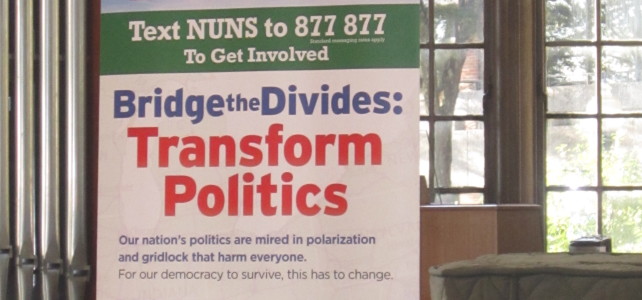
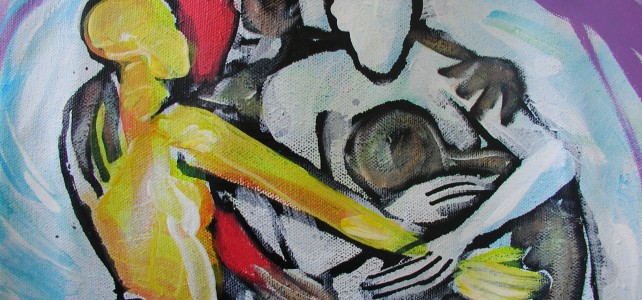
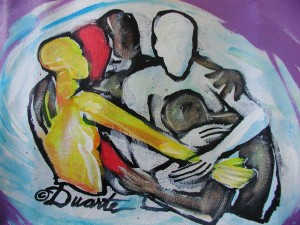
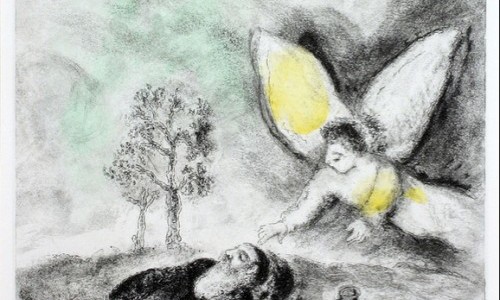
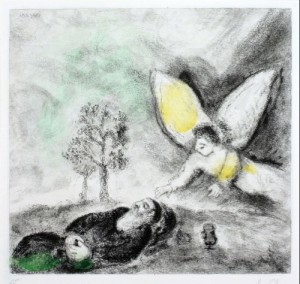
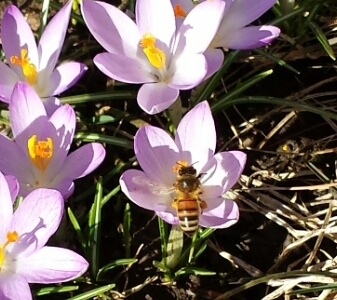
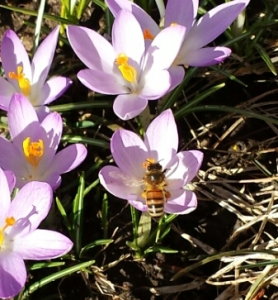
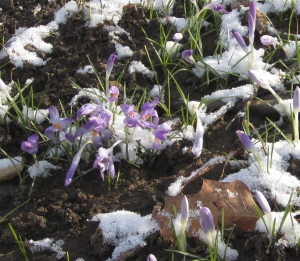
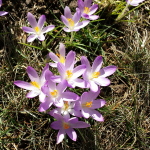
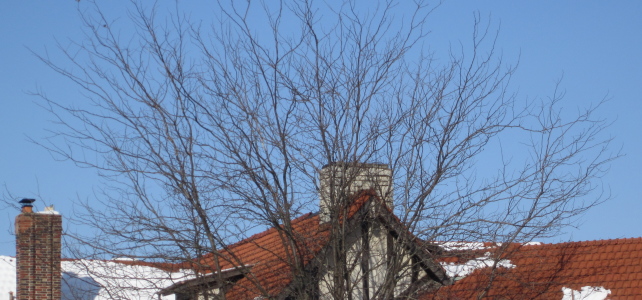
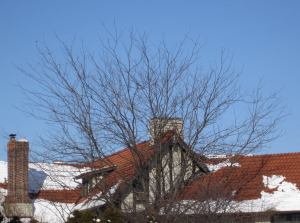
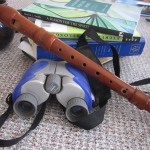






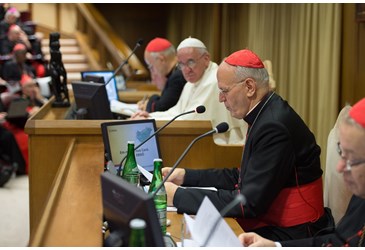
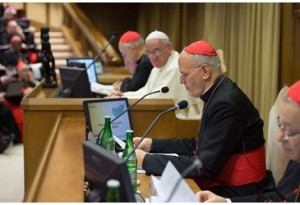
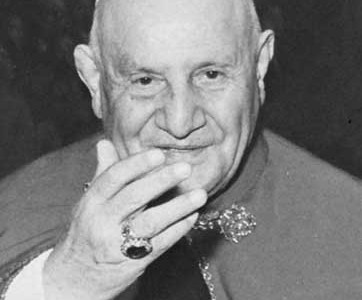
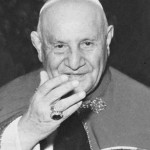 Originally published in The Catholic Times, Oct. 13 Vol. 64:2
Originally published in The Catholic Times, Oct. 13 Vol. 64:2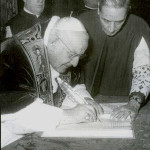
 His homily at Sunday’s opening mass warned of the possibility that those charged with nurturing God’s people can bring harm instead out of their self interest, greed, and pride: “God’s dream always clashes with the hypocrisy of some of his servants. We can ‘thwart’ God’s dream if we fail to let ourselves be guided by the Holy Spirit,” Pope Francis said. “The Spirit gives us that wisdom which surpasses knowledge, and enables us to work generously with authentic freedom and humble creativity.”
His homily at Sunday’s opening mass warned of the possibility that those charged with nurturing God’s people can bring harm instead out of their self interest, greed, and pride: “God’s dream always clashes with the hypocrisy of some of his servants. We can ‘thwart’ God’s dream if we fail to let ourselves be guided by the Holy Spirit,” Pope Francis said. “The Spirit gives us that wisdom which surpasses knowledge, and enables us to work generously with authentic freedom and humble creativity.”